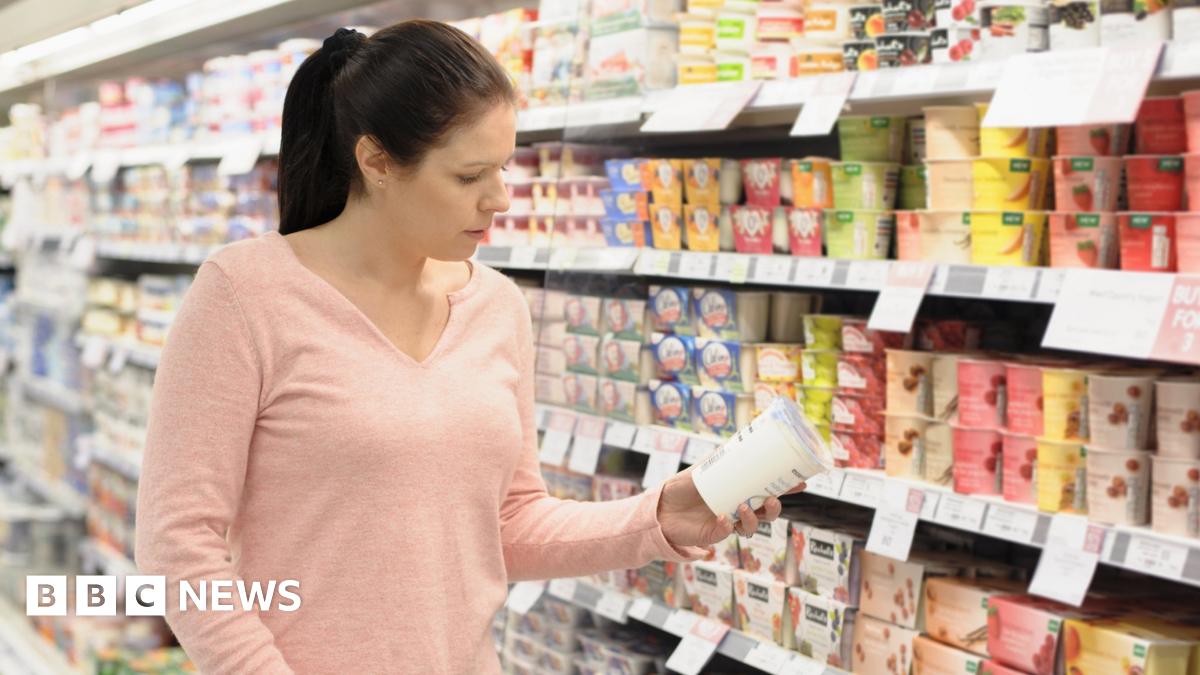Matt N
TS Member
- Favourite Ride
- VelociCoaster (Islands of Adventure)
That is interesting, but it also says in the article about how low cost retailers like Aldi and Lidl didn’t really gain influence in the UK until after Brexit, and I wouldn’t be certain that the increase in these companies’ influence was even related to Brexit.From the BBC website about our food prices at the moment:

Why food bills aren't shrinking - five things to know
Prices in the shops remain much higher than a year ago, despite falls in energy and food costs.www.bbc.co.uk
4. Prices may be lower than in the rest of Europe
With Brexit adding to the red tape of importing food, are we paying more for our food than shoppers in the EU?
A study by economist Michael Saunders for research body Oxford Economics says not.
Looking at a range of food and drink, he says UK prices are typically 7% below the EU average - with bread, meat and fish in particular relatively cheap. He says the UK's competitive supermarket sector plays a role in keeping prices down.
By contrast, he says that prior to 2015, on average groceries were more expensive in the UK than in the EU - partly reflecting the relatively small influence of the lower cost retailers such as Aldi and Lidl at that point.
Surely these low cost retailers would still have gained influence even without Brexit, thus meaning that the price decrease would still have happened?

